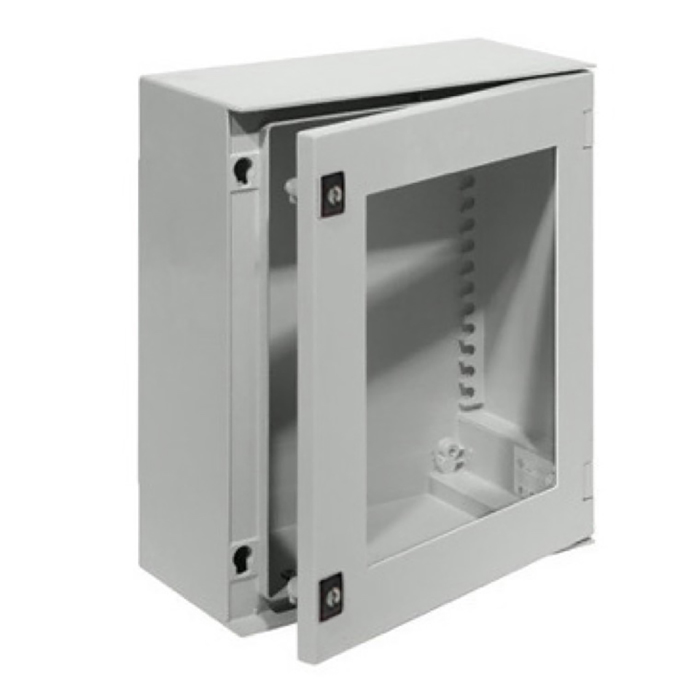In the electrical world an IP rating is the rating given to a certain product to represent the quality of water and substance resistance. This is an extremely important aspect of electrical products, as if they are exposed to these elements for a prolonged period of time, then they will cease to work and can also cause injury.
The standards are set by the IP Code, or Ingress Protection Code, IEC standard 60529, (also known as the International Protection Code), and companies have to build their products to the specifications and standards, then send their products off for inspection and testing.
The IP rating is the given rating for resistance against alien substances and the rating is split in a way that will show the resistance from solid substances first, in a 1-6 rating with 6 being the best and then the second digit is the water resistance rating, which is given a 1-8 rating. It is worth noting that water resistance and being waterproof are different, water resistant is exactly what it says, a resistance, so that it cannot remain submerged indefinitely.
The Difference between IP67 & IP68
The difference between the two is subtle but it can make a drastic difference to how your product is received. What you will generally find is that most of your everyday electrics will have a 6 rating when it comes to the solid substance rating, this means that no harmful dust or dirt can penetrate the product. The top 2 ratings of water resistance, 7 & 8, are where there is a level of disparity, with the 7 rating offering protection against water immersion of 1 meter for up to 30 minutes, whilst the higher 8 rating offers the same protection, in terms of time but at a 1.5 meter depth. Whilst this may not seem like a massive difference it is the equivalent of dropping your phone in the shallow end compared to the deep end. This could be the difference between complete shutdown of the electrics enclosed within the device or unit, and when in an industrial setting could be the difference between life and death.
Now I wouldn’t go testing this type of thing yourself, and it is not advisable to try putting electrical equipment, especially live ones, into any volume of water and to leave the testing to the experts!
How Reliable are the IP Ratings?
Whilst IP ratings are issued from a regulatory body there are always some caveats. Companies are always looking for the best ratings for their products, as this can be used as part of their marketing strategy, so can often slightly mislead you on the overall effectiveness of their products. It is always worth checking the small print when purchasing the product in order to fully understand the rating. An example of this is the 2015 Sony Xperia launch that included an image of the camera being used underwater to take pictures, but as Sony started to get complaints about the damage caused when using the phone underwater and despite its IP68 rating Sony, stated that the rating was obtained in a controlled environment when in standby mode and therefore performance couldn’t guaranteed when in full use.


